The Public Relations Research Group welcomed the leading Canadian practitioner, Fraser Likely, on Wednesday when he presented a lecture on communicating the value of PR departments to top management. It was attended by regional practitioners, students, academics, and Marketing & Communication staff.
Mr Likely, who is an adviser to Canadian banks, corporations and governmental bodies, emphasised the need for senior communication staff to understand their organisation fully, identify the elements of their department’s work that create value and operate in an entrepreneurial manner.
“This presentation was the first of several events in which academic research and practice issues are discussed with practitioners, students and fellow academics”, said Prof Tom Watson of The Media School. “On Wednesday, our speaker was an internationally highly-regarded practitioner and researcher. In others, BU academics will take recent research to practitioners at events in London and locally.”
The Public Relations Research Group is planning short seminars with the Chartered Institute of Public Relations in London and Wessex, as well as with Ketchum, a leading international PR consultancy group.
Simultaneously, the US-based Institute for Public Relations posted Fraser Likely and Tom Watson’s latest Research Conversations blog post on future trends in PR measurement and evaluation. It is based on a recent book chapter in a festschrift to the leading PR theorist, James E. Grunig: http://www.instituteforpr.org/2013/10/future-trends-in-measurement-and-evaluation/

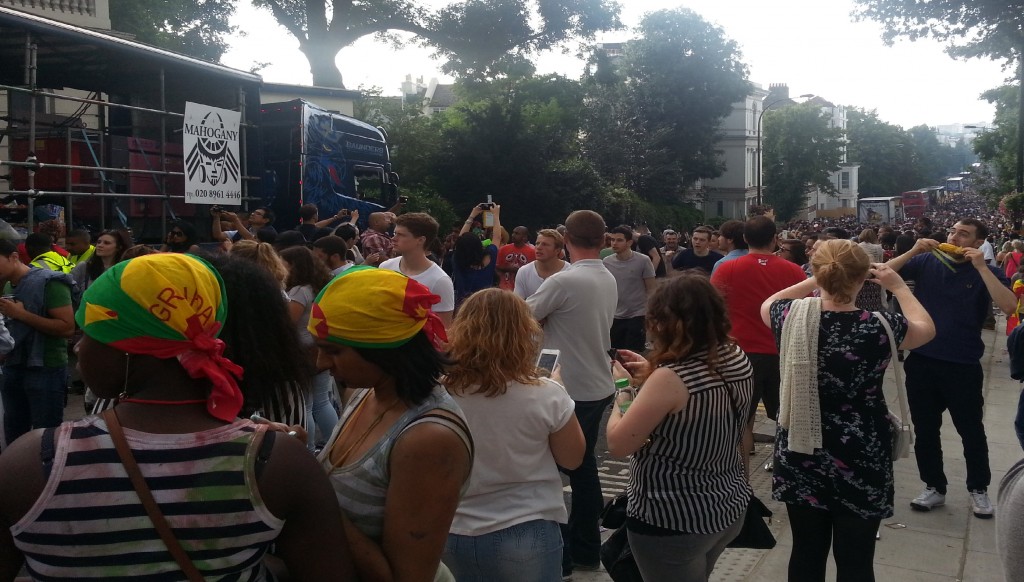
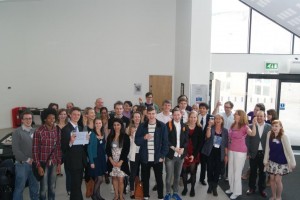
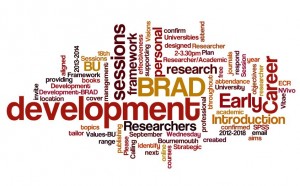

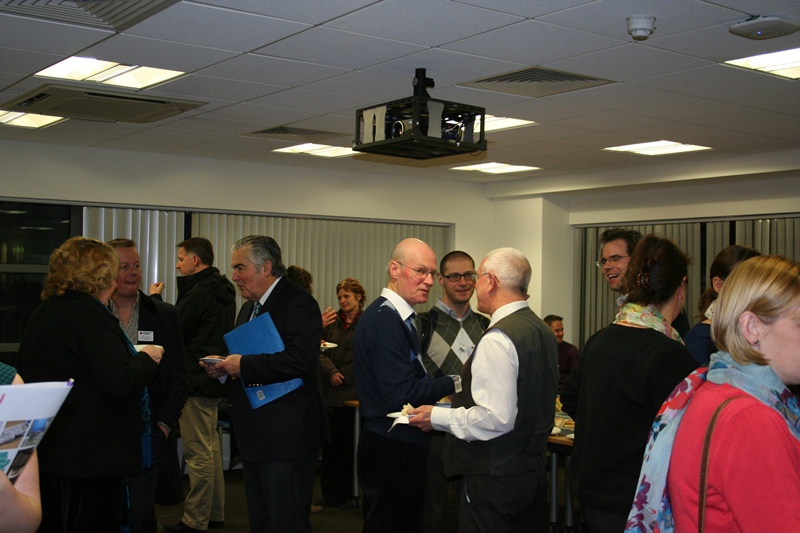





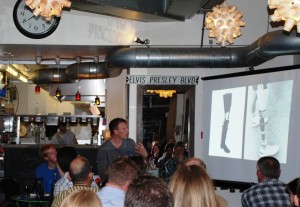














 SPROUT: From Sustainable Research to Sustainable Research Lives
SPROUT: From Sustainable Research to Sustainable Research Lives BRIAN upgrade and new look
BRIAN upgrade and new look Seeing the fruits of your labour in Bangladesh
Seeing the fruits of your labour in Bangladesh Exploring Embodied Research: Body Map Storytelling Workshop & Research Seminar
Exploring Embodied Research: Body Map Storytelling Workshop & Research Seminar Marking a Milestone: The Swash Channel Wreck Book Launch
Marking a Milestone: The Swash Channel Wreck Book Launch ECR Funding Open Call: Research Culture & Community Grant – Application Deadline Friday 12 December
ECR Funding Open Call: Research Culture & Community Grant – Application Deadline Friday 12 December MSCA Postdoctoral Fellowships 2025 Call
MSCA Postdoctoral Fellowships 2025 Call ERC Advanced Grant 2025 Webinar
ERC Advanced Grant 2025 Webinar Update on UKRO services
Update on UKRO services European research project exploring use of ‘virtual twins’ to better manage metabolic associated fatty liver disease
European research project exploring use of ‘virtual twins’ to better manage metabolic associated fatty liver disease